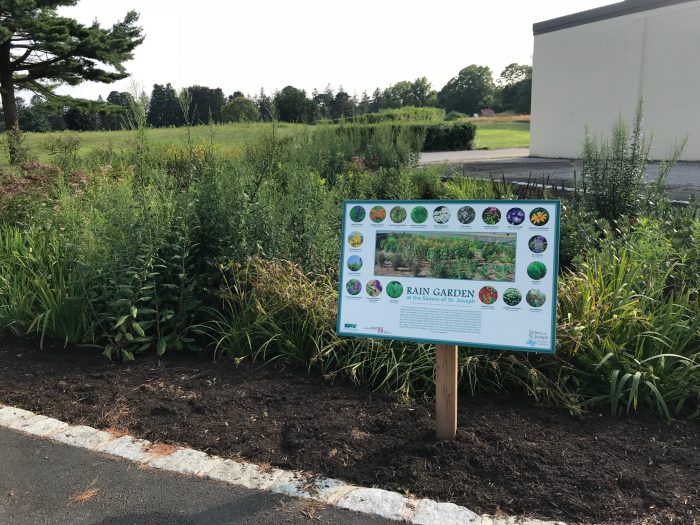By Lisa Scott
Every year the League of Women Voters of New York State provides members with key information on issues of interest to us. The 2024-2025 state budget is currently under debate in the NYS Legislature and local Leagues are asked to lobby our state Senators and Assembly Members on pre-budget issues before late March since the budget deadline is April 1. The non-budget stand-alone bills are considered in committees and on floors during session in late Apr. and the Legislative session ends on June 1.
In 2024 we are concentrating pre-budget on funding for county boards of elections, election reforms, funding for the public campaign finance board, an expansion of the bottle bill, education financing and fair pay for home care. Post-budget, we will focus on LWV priority issues relating to good government, criminal justice reform, rural issues, healthcare, women’s issues, and environmental issues.
Our pre-budget lobbying requests include:
Elections and Good Government: Keeping $114.5M to support the NYS Public Campaign Finance Program and $8.1M to support the Commission on Ethics and Lobbying in Government, and add $10M in funds directed to County Boards of Elections, $4.5M to implement the Doctor John L. Flateau Voting and Elections Database and Academic Center of New York Act and $51,000 for a voter list maintenance organization like ERIC.
Environment: include the Bigger Better Bottle Bill (S237/A6353) in their one house budgets as well as in the final budget.
Education Financing: We strongly oppose Governor Hochul’s recent decision to alter the formula that is used to distribute aid to school districts. The changes made in her proposed budget will significantly reduce foundation aid to nearly half of all school districts in the state. The Executive altered both the Consumer Price Index methodology and the policy of reducing aid to no district year to year. As a result, nearly half of school districts will be forced to reduce their 2024-25 school budgets or raise local taxes. They will have no time for planning if the budget is not finalized until the end of March 2024. We are asking that the Governor amend her proposal and reinstate full funding to our schools and that the Senate and Assembly do not include this change in their one house budgets.
Healthcare: We ask that Legislators reject Governor Hochul’s proposal to cut $2.55 an hour from home care workers in the consumer directed personal assistance program (CDPAP) and pass the Fair Pay for Home Care Act (S3189/A8821) in the budget.
Other League lobbying later this spring will focus on:
Ethics and Campaign Finance Reform – Public Campaign Finance Board: The League strongly supports the $114.5M allocated for the Public Campaign Finance Board. This year is the first opportunity for New York to demonstrate a commitment to campaign finance reform and reducing the influence of big money in politics. During the 2022 election, the 200 biggest donors outspent over 200,000 small donors in state races. This groundbreaking state program will ensure that New Yorkers’ voices are heard throughout the political process. The funding for this program included in the Executive Budget will ensure that it can help level the playing field, amplify the voices of small donors, and reduce the impact of wealthy special interest groups in New York. We urge the Legislature to include the full $114.5M in the Senate and Assembly one house budgets.
Funding to County Boards of Election: Elections are often the last item on the list when it comes to county budgets and many county boards operate with limited resources. The League urges the Legislature to seriously consider the cost of new election improvements when introducing their proposed budgets and to consider setting up a yearly fund specifically for implementing election reforms at the local level.
The League was glad to see that funds were specifically allocated for local boards of elections to invest in new electronic pollbooks ($14.7 M), to cover the cost of absentee and early vote by mail ballot postage ($7.7M). However, there are still limited funds available for educating voters, poll worker training, staffing, and the establishment of new sites to comply with current mandates. It is not possible for boards to continue to expand voting access without funds devoted to these measures. We ask that a minimum of an additional $10M in funding be allocated to county boards of elections so that they may make the upgrades necessary and hire the staff necessary to effectively run our elections in 2024. This is consistent with the bipartisan proposal submitted by election commissioners across New York State.
All voters should consider discussing the above issues with your NYS Assembly and Senate representatives. Educate yourself, your voice matters.
Lisa Scott is president of the League of Women Voters of Suffolk County a nonprofit, nonpartisan organization that encourages the informed and active participation of citizens in government and influences public policy through education and advocacy. For more information, visit https//my.lwv.org/new-york/suffolk-county.

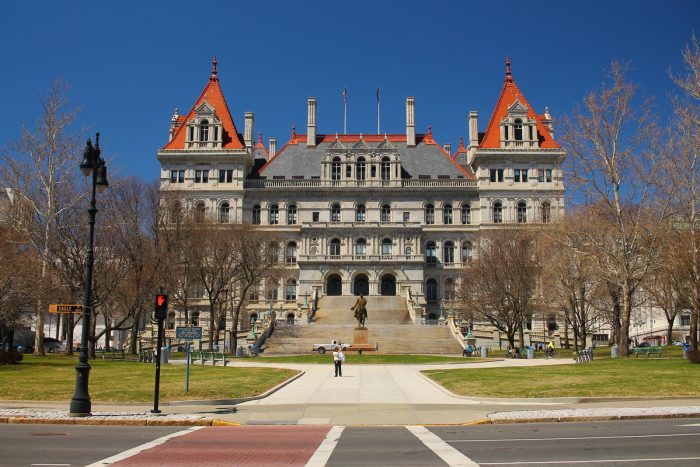
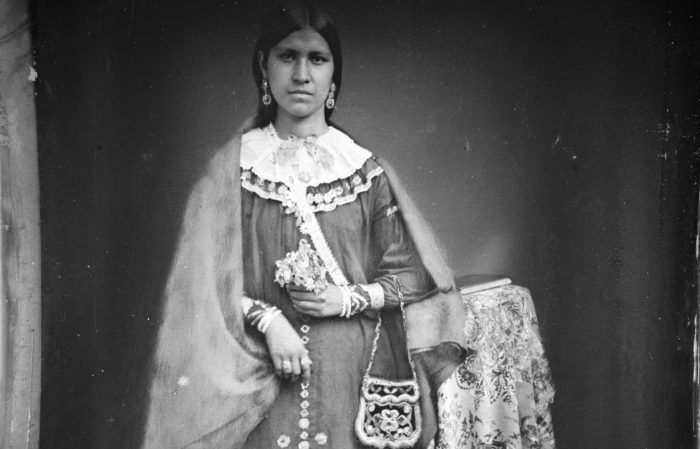
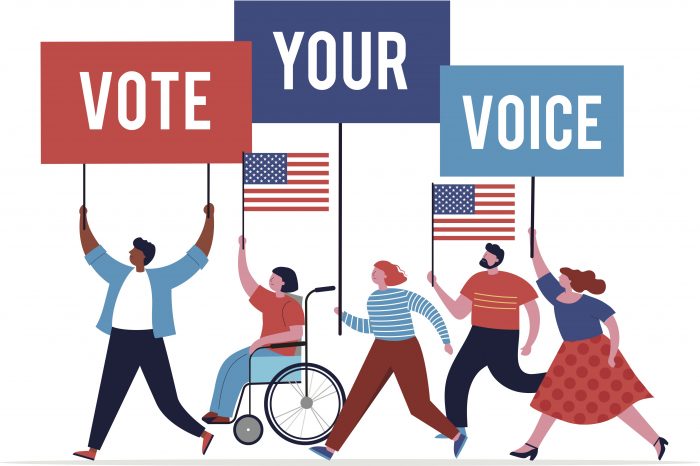
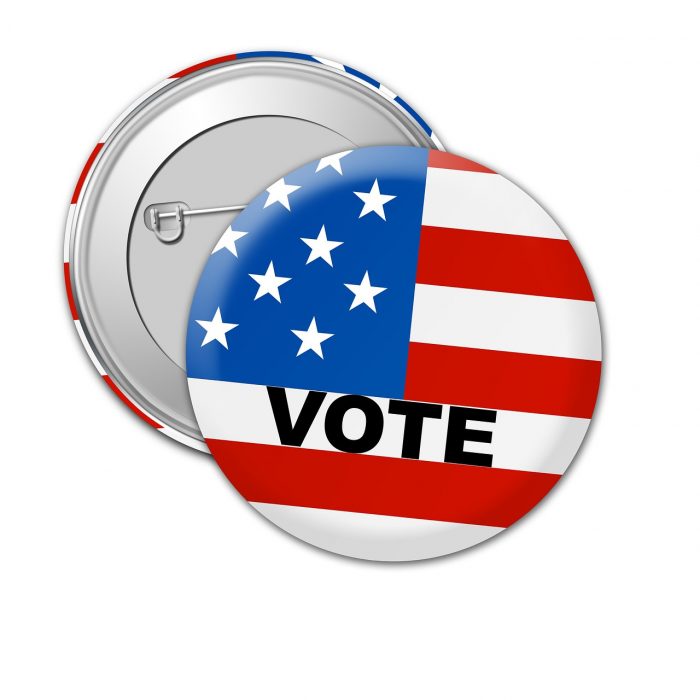
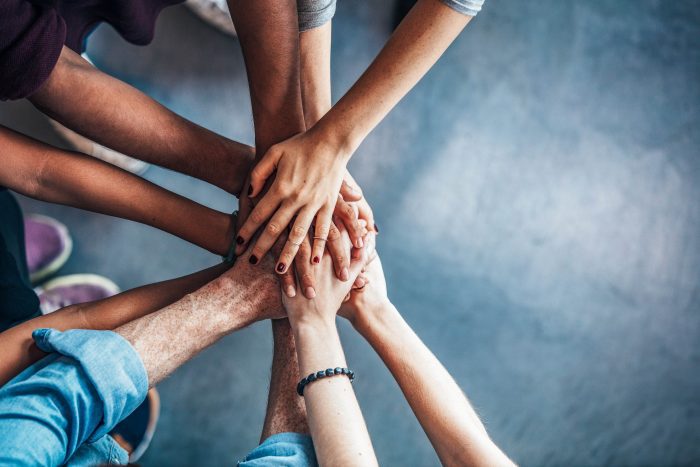
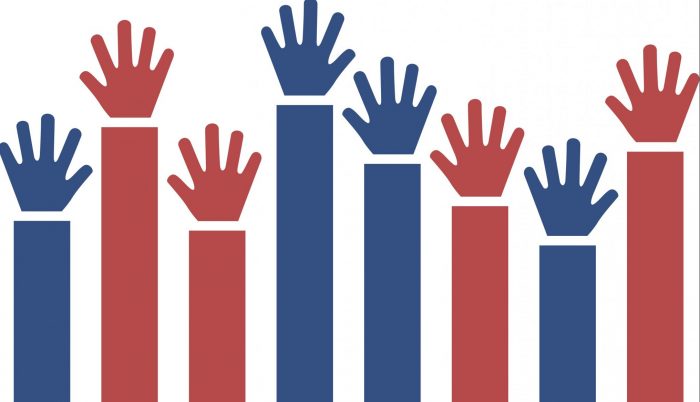
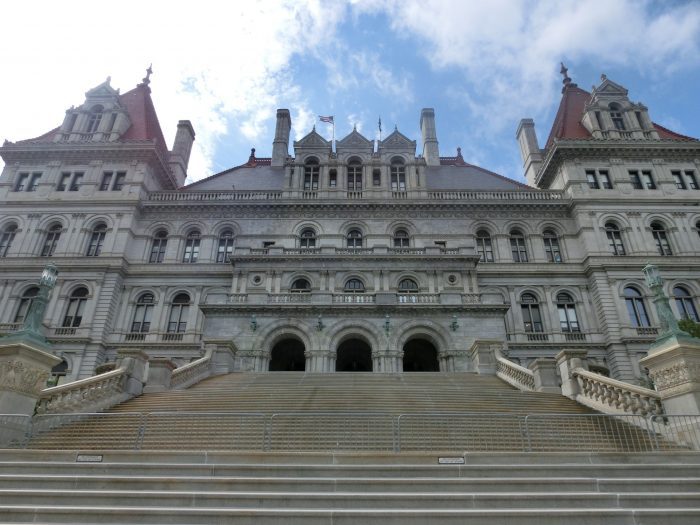

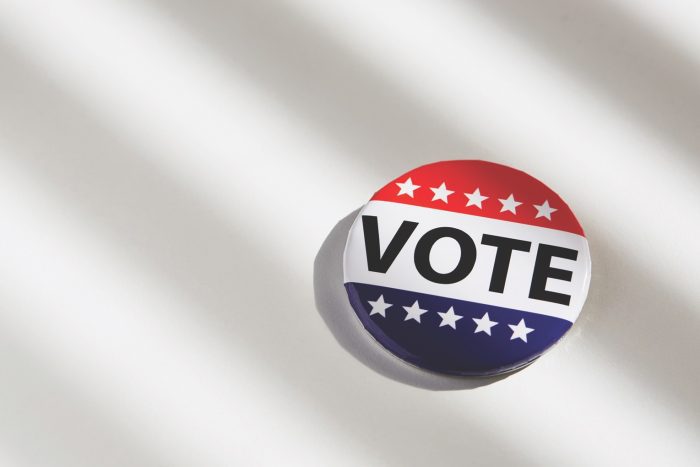
 • If you didn’t register to vote by Oct. 14, you cannot vote in this election.
• If you didn’t register to vote by Oct. 14, you cannot vote in this election.